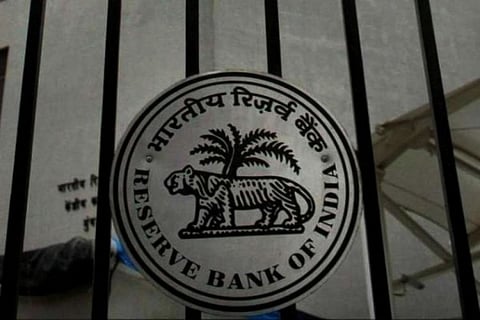

The Reserve Bank of India (RBI) has decided to allow payment system providers, prepaid card issuers, card networks and white label ATM operators (ATMs that are operated by non-banking entities), access to its Centralised Payment Systems (CPS), such as Real Time Gross Settlement (RTGS) and National Electronic Fund Transfer (NEFT) systems. This would be the first phase of its plan to bring non-banks, including fintech firms such as Paytm and Phonepe, on the same platform.
In April, RBI had said that it would encourage participation of non-banks in Reserve Bank of India-operated Centralised Payment Systems (CPS)– RTGS and NEFT systems–in a phased manner. The RBI is extending access to payment systems to more entities with the aim of giving impetus to digital payments. At present, apart from banks, only a select few non-banks such as NABARD and Exim Bank are allowed access to CPS. Non-banks have been fulfilling their payment and settlement needs through services extended by banks.
Direct access for non-banks to CPS lowers the overall risk in the payments ecosystem, the RBI said. It also brings advantages to non-banks like reduction in the cost of payments, minimising dependence on banks, reducing the time taken for completing payments, eliminating the uncertainty in the finality of the payments as the settlement is carried out in central bank money among others. The risk of failure or delay in execution of fund transfers can also be avoided when the transactions are directly initiated and processed by the non-bank entities, the RBI added.
"On a review of extant arrangements and after detailed discussions with Payment System Providers (PSPs), it is advised that, in the first phase, authorised non-bank PSPs, viz. PPI Issuers, Card Networks and White Label ATM Operators shall be eligible to participate in CPS as direct members," it said in a circular.
Eligibility criteria for access to CPs by non-banks include a minimum net worth of Rs 25 crore, incorporation in India, compliance with data localisation norms, adequate technical capability and cybersecurity infrastructure among others. Foreign entities would require subsidiaries incorporated in India to take necessary approvals from RBI. “Entities incorporated outside India shall empower their local offices to carry out all operations in respect of CPS, but the responsibility for all operations and management of any contingency, including settlement obligations, shall remain with the foreign parent institution, which has taken authorisation as PSP,” the RBI said.
Welcoming the RBI’s move to allow authorised non-bank payment system providers to participate in centralised payment systems (CPS), the Payments Council of India (PCI), the country’s largest industry body for the non-banking digital payments ecosystem, has said that it’s a step forward to create a financially-inclusive society and strengthen digital payment landscape, triggering financial innovations and customer protection.
Vishwas Patel, Chairman, Payments Council of India said: “We truly appreciate the central bank’s efforts in promoting the use of digital payments and welcome the access of RTGS and NEFT to the Prepaid Payment Instrument Issuers, Card Networks; and White Label ATM Operators. The industry will work towards implementation of the notification. This move definitely indicates a bright way forward for digital payments instruments in the country.”
The NEFT and RTGS systems were made available 24x7x365 with effect from December 2019 and December 2020 respectively. “The extension of the access to payment systems to more entities lowers the overall risk in the payments ecosystem and allow growth of digital payments in India adjusting to the payment needs of consumers. It also brings advantages to the non-banking industry like reduction in cost of payments, minimising dependence on banks, reducing the time taken for completing payments, eliminating the uncertainty in finality of the payments as the settlement is carried out in central bank money, etc.,” the PCI stated.
With IANS inputs